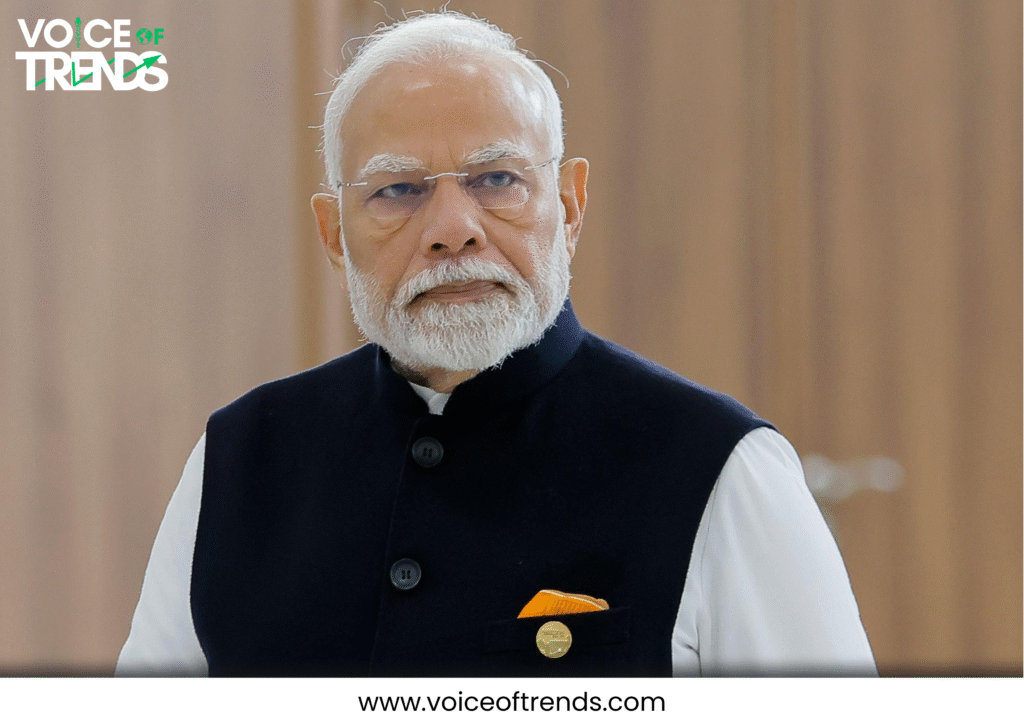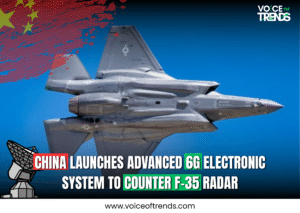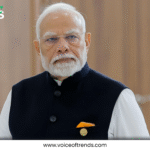In a significant development in global diplomacy, India has joined the BRICS bloc in expressing deep concern over the recent military attacks on Iran, marking a significant shift in its foreign policy stance. The BRICS group, which includes Brazil, Russia, India, China, South Africa and new members such as Iran, Egypt, Ethiopia, Indonesia and the United Arab Emirates, issued a joint statement on June 25, 2025, the strikes were denounced as breaching international law and contradicting the principles outlined in the UN Charter. The move highlights India’s delicate balancing act in navigating complex geopolitical tensions in the Middle East, especially in light of its earlier decision to distance itself from a similar statement by the Shanghai Cooperation Organization (SCO).
Table of Contents
ToggleBackground of the Conflict
Military attacks on Iran began on June 13, 2025, with Israel launching airstrikes targeting Iranian nuclear and military facilities, reportedly killing nuclear scientists and senior officials. The United States later joined the conflict, attacking key Iranian nuclear facilities including Natanz, Fordow, and Isfahan, escalating tensions in the region. Iran responded with missile and drone strikes, resulting in 12 days of intense hostilities. A ceasefire was eventually reached on June 24, 2025, brokered by the United States and Qatar. The BRICS statement, issued shortly after the ceasefire, condemned the attacks, emphasizing the need to break the cycle of violence and restore peace through dialogue and diplomacy.
India’s Position in the BRICS Statement
India’s decision to endorse the BRICS statement marks a departure from its earlier position, where it had distanced itself from the SCO statement of June 14, 2025, which explicitly condemned Israel’s actions. The BRICS statement, unlike the SCO’s, avoided naming specific countries like the US or Israel, instead focusing on the broader violation of international law and the UN Charter. This critical approach likely made it easier for India to align with the statement, as it allowed New Delhi to voice concerns without directly antagonizing its strategic partners.
The BRICS statement highlighted several key points:
- Grave Concern: The bloc expressed deep concern over the military strikes on Iran since June 13, 2025, calling them a violation of international law and the UN Charter.
- Nuclear facilities: It particularly condemned attacks on peaceful nuclear facilities, noting their violation of International Atomic Energy Agency (IAEA) resolutions.
- Call for diplomacy: The statement urged all parties to engage in dialogue and diplomacy to reduce tensions and resolve disputes peacefully.
- Regional stability: The BRICS stressed the need for a Middle East free of nuclear weapons and the protection of civilian lives and infrastructure.
India’s support for the statement reflects its commitment to promoting international peace and stability while maintaining its strategic sovereignty in global affairs.
Why India Chose to Back BRICS
India’s decision to align with the BRICS position can be attributed to several strategic and diplomatic considerations:
- Reinforcing the BRICS Partnership: As one of the original members, India aims to keep BRICS impactful by supporting its role as a key forum for advancing the interests of emerging economies. By endorsing the statement, India reinforces its role as a key player in BRICS, especially ahead of the upcoming summit in Rio de Janeiro on July 5-6, 2025, which Prime Minister Narendra Modi is expected to attend.
- Maintaining ties with Iran: India shares long-standing cultural and strategic relations with Iran, particularly in areas like energy cooperation, bilateral trade, and key infrastructure projects, including the development of Chabahar port. Supporting the BRICS statement allows India to signal solidarity with Iran, a fellow BRICS member, without explicitly criticizing its allies such as the United States and Israel.
- India’s foreign policy is guided by the principle of strategic independence, enabling it to maintain balanced relations with both Western and non-Western nations. By supporting the BRICS statement, India is making clear its commitment to a multipolar world order, while carefully avoiding direct confrontation with the US or Israel.
- Regional stability: India has consistently advocated for de-escalation and dialogue in the Middle East, a region critical to its energy security and diaspora interests. Prime Minister Modi’s talks with Iranian President Masoud Pezizkian on 22 June 2025 stressed the need for immediate de-escalation, reflecting India’s broader goal of regional peace.
- Contrast with SCO stance: India’s decision to distance itself from the SCO statement, which explicitly names Israel, was likely prompted by its strong security and defence ties with Israel. The neutral tone of the BRICS statement allowed India to express concerns about the attacks without jeopardising its ties with Israel.
Implications for India’s Foreign Policy
India’s alignment with the BRICS statement has several implications for its foreign policy and global standing:
- Enhanced Role in the Global South: By supporting BRICS, India strengthens its position as a leader of the Global South, advocating for the interests of emerging economies in a multipolar world. This is in line with India’s broader push for reform of global governance, including a permanent seat on the UN Security Council.
- Navigating US-India Relations: India’s decision to support the BRICS statement could raise eyebrows in Washington, given the US’s involvement in the attack. However, India’s careful avoidance of naming the US in the statement and its emphasis on diplomacy help to defuse potential tensions.
- Deepening India-Iran Relations: The Iranian embassy in New Delhi thanked India’s “freedom-loving” citizens and institutions for their support, signaling the strength of bilateral ties. This could pave the way for new cooperation in energy and infrastructure projects such as the International North-South Transport Corridor (INSTC).
- Regional dynamics: India’s stance reflects its delicate balancing act in the Middle East, where it maintains relations with both Iran and its rivals, such as Saudi Arabia and the United Arab Emirates, both members of the BRICS. This position allows India to play a mediating role in regional disputes.
Conclusion
India’s decision to support the BRICS position opposing attacks on Iran reflects its strategic pragmatism and commitment to a multipolar world order. By endorsing the statement, India reinforces its role as a key player in BRICS, maintaining a delicate balance between Western and non-Western powers. The move also highlights India’s advocacy for dialogue and diplomacy in global conflicts, particularly in the volatile Middle East. As the BRICS summit approaches, India’s diplomatic moves will be closely watched, with implications for global influence and regional stability. By carefully calibrating its stance, India asserts its strategic autonomy while fostering cooperation with both allies and adversaries in a complex geopolitical landscape.




















